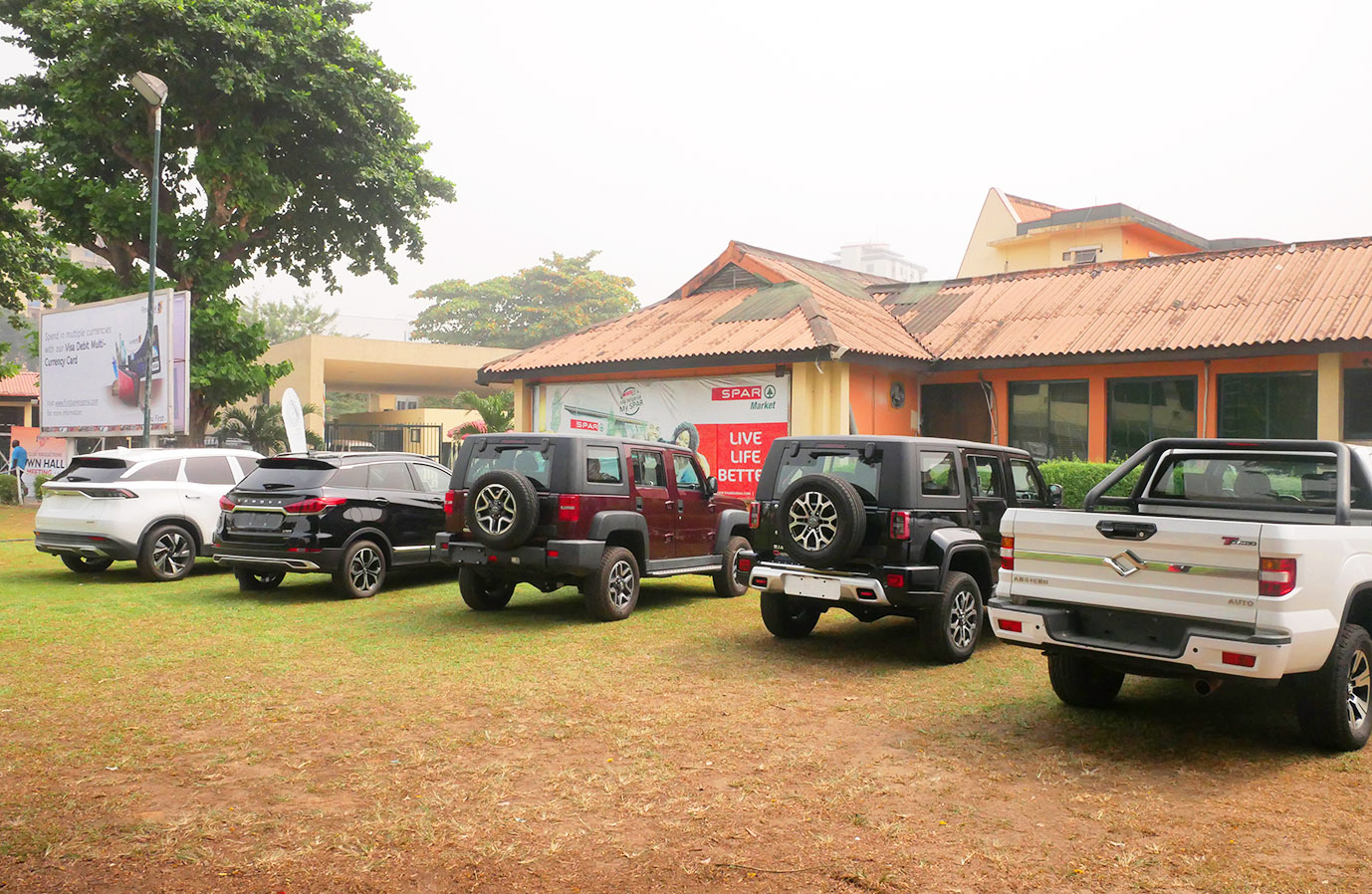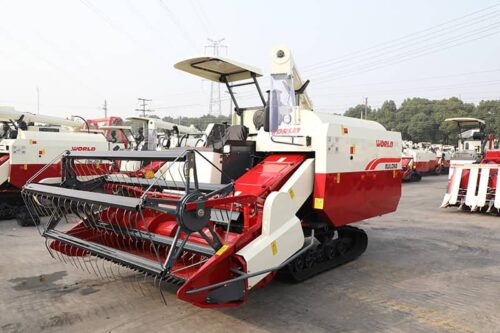In a country where rice consumption per capita is 32kg and one of the Nation’s in-demand staple foods, access to mechanization has somehow remained low. Nigeria’s mechanization rate has been pegged at 0.3hp/ha even though it is the 3rd largest rice importer in the world and the 2nd largest rice producer in Africa.

Last year (2020), Nigeria produced over 5 million metric tonnes, a number that could easily have been increased with readily available mechanization services.
80% of our country’s smallholder farmers need help to scale their farming and Tractor on the Go; a new tractor-hailing app is helping Nigerian rice farmers access mechanization across the country to scale up.

Rice is essential to the world’s food security, Nigeria’s too. Here’s why. Rice is a basic staple food for more than half of the world’s population. Over 3.5 billion people rely on rice for above 20% of their everyday calories. A full bag of rice in Nigeria, as at press time, goes for about 30,000 Naira. If Nigerian farmers have more opportunities to tap into the tech of farm machines and implements, they can feed the nation with locally produced rice from their states.

In the 2018/19 season, Nigeria’s rice farmers harvested rice from over 3.2 million hectares. Rice production in Nigeria can increase exponentially if it’s 1.43 million farmers scale their operations through farming mechanization. Most rice farmers still depend on crude tools to carry out their small-scale farming and this often leads to low productivity, loss of time, and a general drop in the scale of production.


